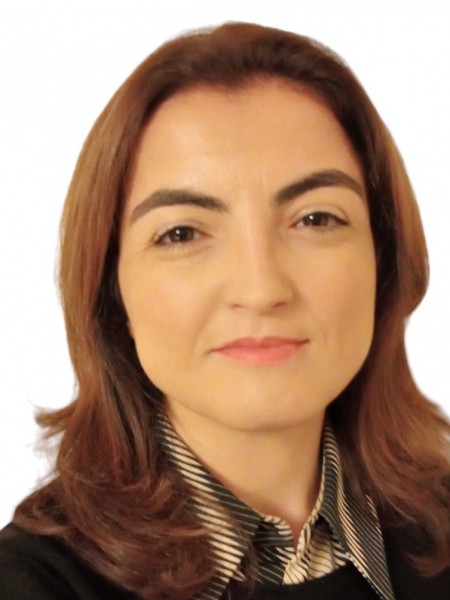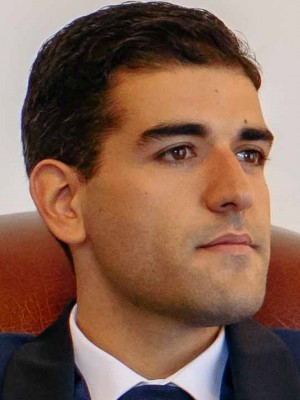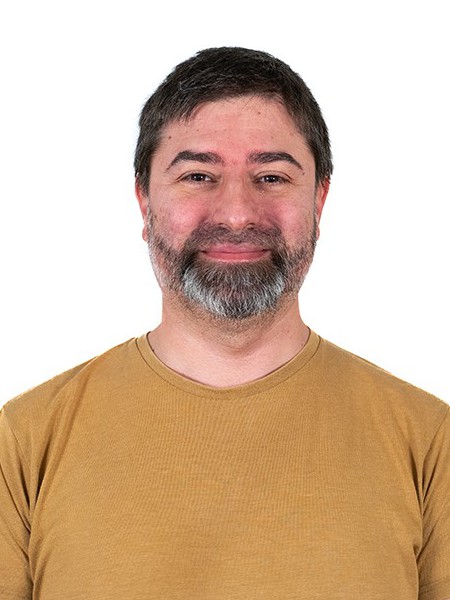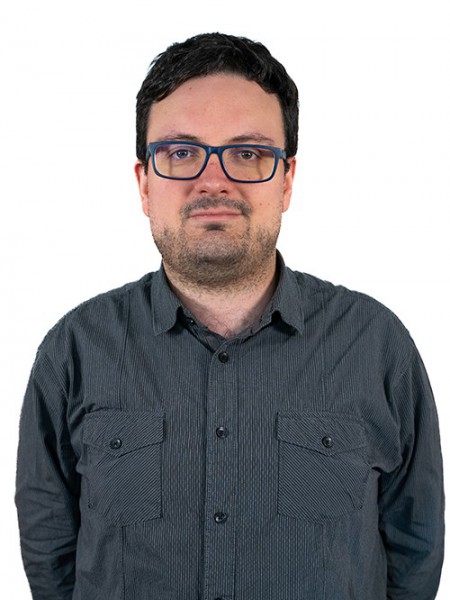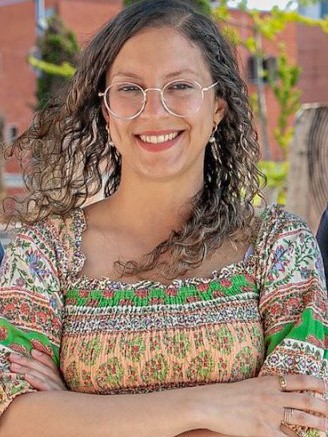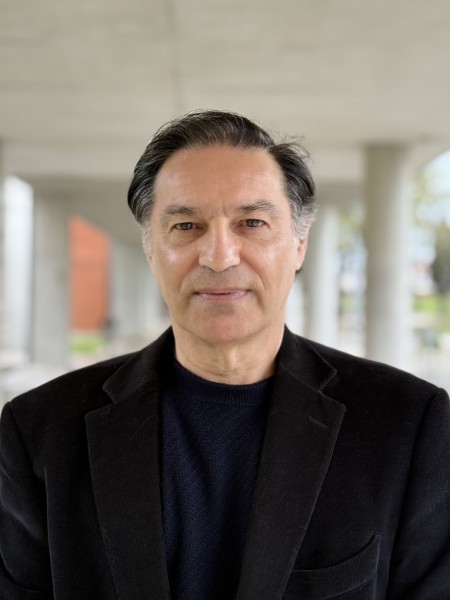resumo
Doxorubicin is one of the most widely used anti-cancer drugs, but side effects and selectivity problems create a demand for alternative drug delivery systems. Herein we describe a hybrid magnetic nanomaterial as a pH-dependent doxorubicin release carrier. This nanocarrier comprises magnetic iron oxide cores with a diameter of 10 nm, enveloped in a hybrid material made of siliceous shells and ?-carrageenan. The hybrid shells possess high drug loading capacity and a favorable drug release profile, while the iron oxide cores allows easy manipulation via an external magnetic field. The pH responsiveness was assessed in phosphate buffers at pH levels equivalent to those of blood (pH 7.4) and tumor microenvironment (pH 4.2 and 5). The nanoparticles have a loading capacity of up to 12.3 wt.% and a release profile of 80% in 5 h at acidic pH versus 25% at blood pH. In vitro drug delivery tests on human breast cancer and non-cancer cellular cultures have shown that, compared to the free drug, the loaded nanocarriers have comparable antiproliferative effect but a less intense cytotoxic effect, especially in the non-cancer cell line. The results show a clear potential for these new hybrid nanomaterials as alternative drug carriers for doxorubicin.
palavras-chave
IRON-OXIDE NANOPARTICLES; CONTROLLED DRUG-RELEASE; DELIVERY-SYSTEMS; IN-VITRO; LIPOSOMAL DOXORUBICIN; HYDROGEL BEADS; CHITOSAN; SPECTROSCOPY; CARRAGEENAN; TUMOR
categoria
Biochemistry & Molecular Biology; Chemistry
autores
Nogueira, J; Soares, SF; Amorim, CO; Amaral, JS; Silva, C; Martel, F; Trindade, T; Daniel-da-Silva, AL
nossos autores
Grupos
G1 - Materiais Porosos e Nanossistemas
G2 - Materiais Fotónicos, Eletrónicos e Magnéticos
G6 - Materiais Virtuais e Inteligência Artificial
Projectos
Projeto de Investigação Exploratória: Ana LuÃsa Silva (IF/00405/2014)
Projeto de Investigação Exploratória: João Amaral (IF/01089/2015)
agradecimentos
This work was developed within the scope of the exploratory project IF/00405/2014 and the project CICECO-Aveiro Institute of Materials, UIDB/50011/2020 & UIDP/50011/2020, financed by national funds through the FCT/MEC and when appropriate co-financed by FEDER under the PT2020 Partnership Agreement. A.L.Daniel-da-Silva thanks FCT for funding in the frame of the program IF2014. J.S.Amaral thanks FCT for the IF/01089/2015 grant. S.F.Soares thanks FCT for the Ph.D. grant SFRH/BD/121366/2016.


